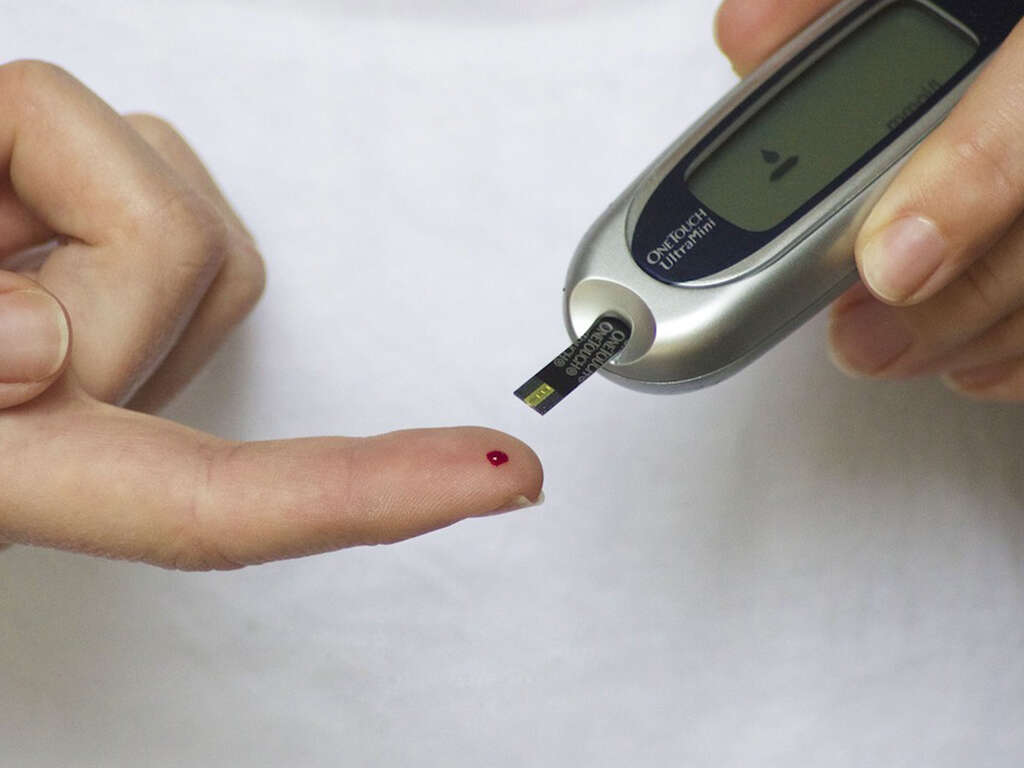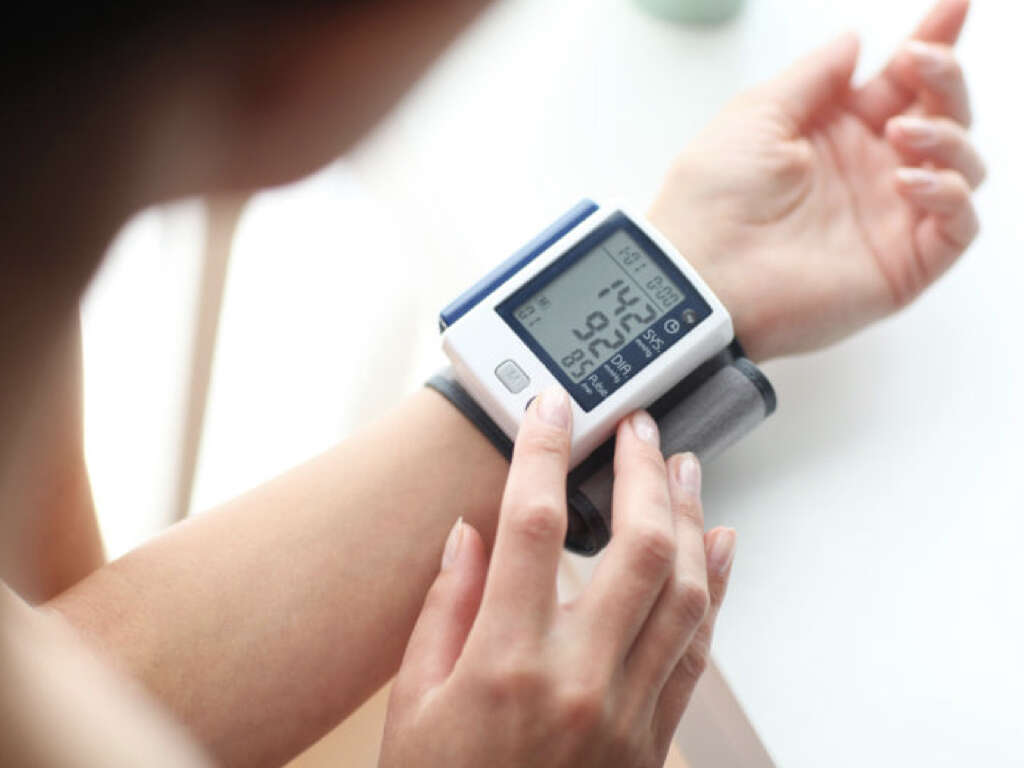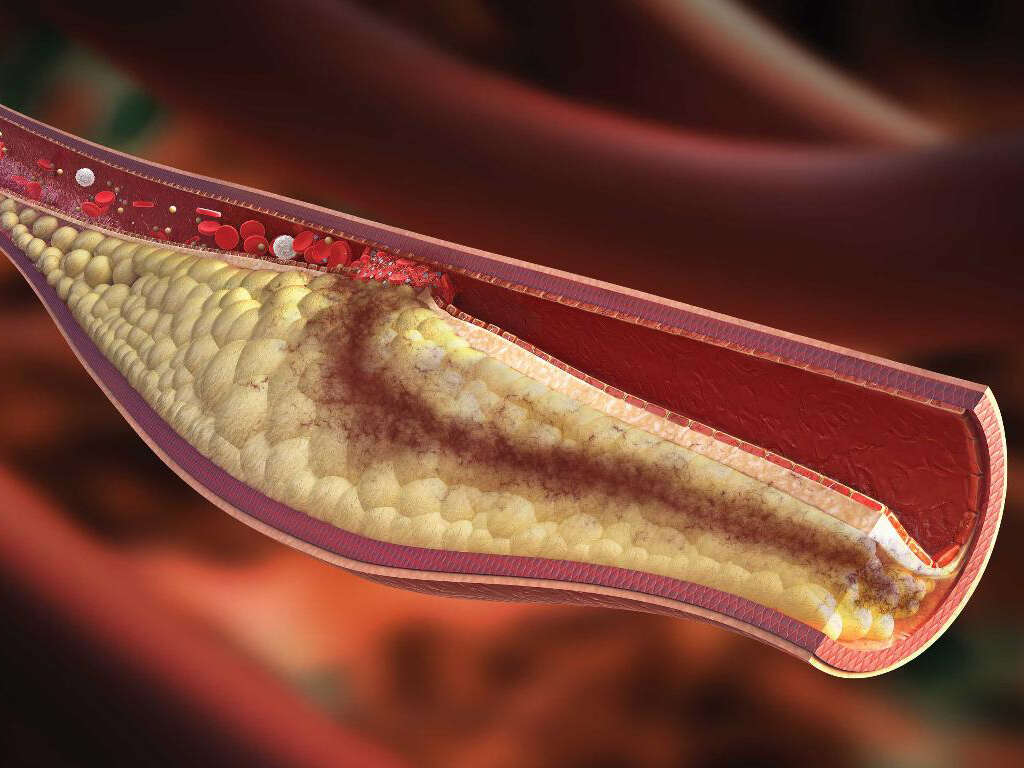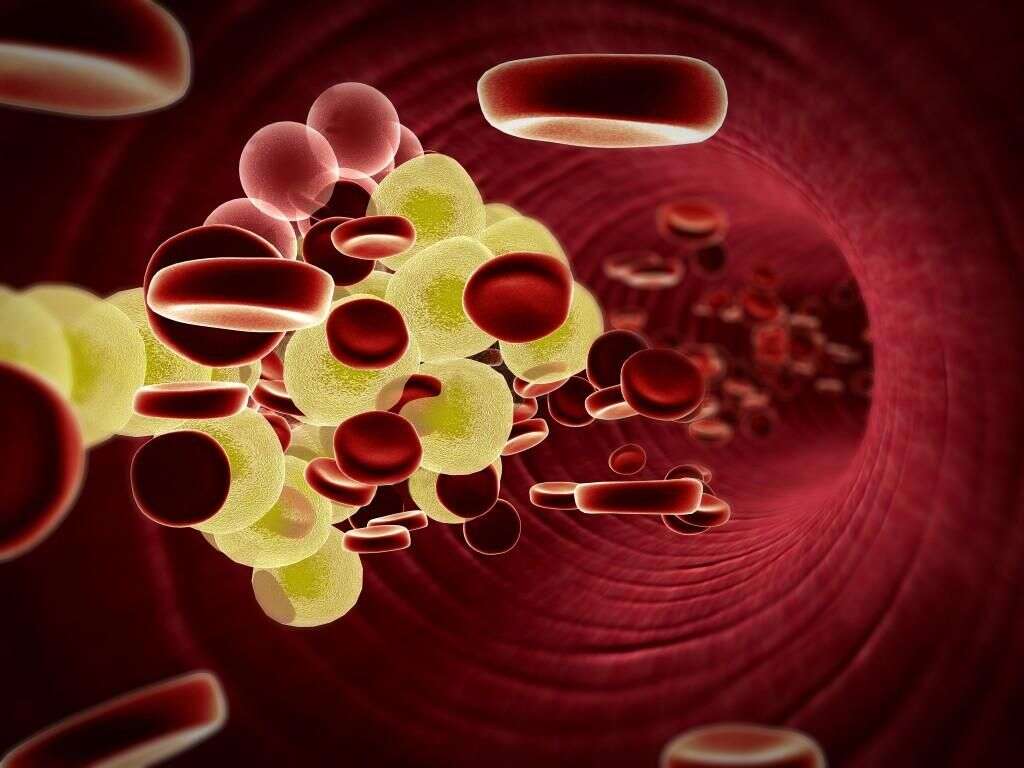What Is Hyperlipidemia?
Cholesterols are one of the buzzwords that you often hear about when it comes to good health. They are a type of fat that is very important to us as it is used in the formation of our cells, among other things. On the other hand, too much of it in the body can be very dangerous for us.
Many of us live a lifestyle that means the levels of cholesterols in our bodies can accumulate. This can result in high levels of cholesterols in our blood in a condition that is known as hyperlipidemia. It is a very common condition, which can also be very dangerous, although it is possible to treat it. Treatment often needs little more than dedication to change your ways.

1. Hyperlipidemia
Hyperlipidemia is the technical medical term for high cholesterol levels. It is a blanket term for a number of disorders that can cause you to have higher than usual levels of fats in your blood. It can be a very serious condition, and it is also very common. Cholesterols are made by our own bodies, while we also tend to have a lot of them in our food.
The good news that hyperlipidemia is a treatable condition, and most people with it will live a relatively normal life. Those diagnosed with hyperlipidemia will often need to make some quite drastic changes to their lifestyle, however.
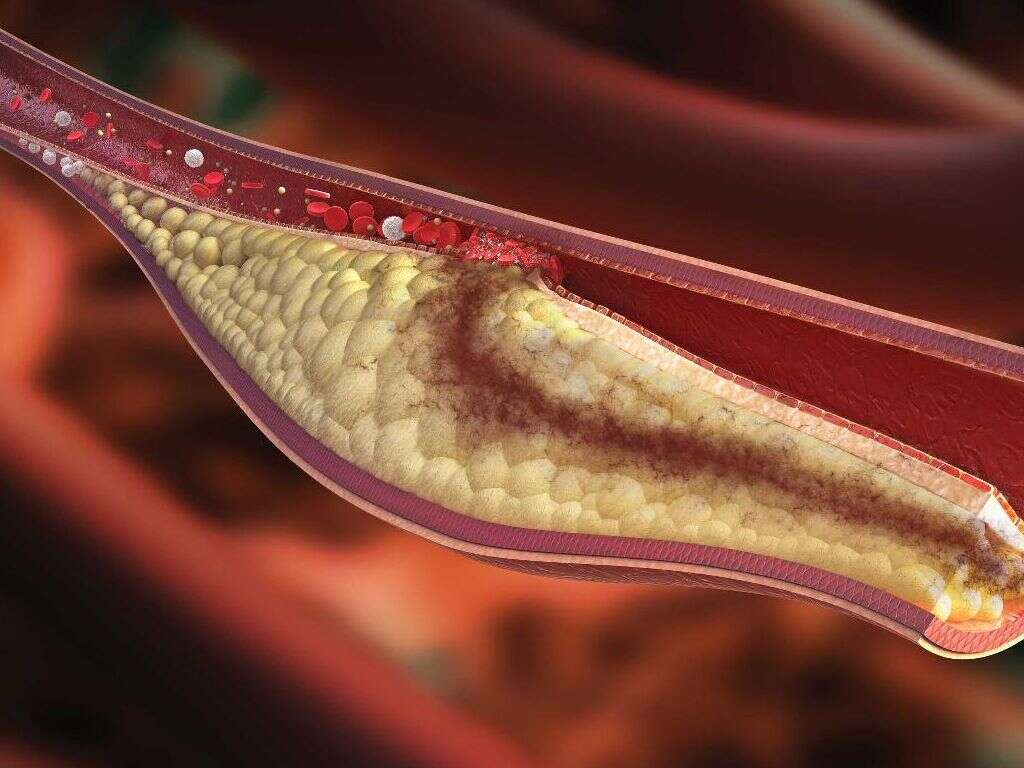
2. Diet
As mentioned, a lot of the cholesterol in our bodies comes from the food that we eat. There are two main types of cholesterol. Those are LDL cholesterols, which are the ‘bad’ variety. There are also HDL cholesterols, which are the ‘good variety. The bad variety is responsible for a lot of the problems that hyperlipidemia can cause, while the good types help to limit the levels of the bad type.
Red meat in particular is a source of a lot of the cholesterols in our diet. Cheese is also another common source, and eggs are another source of cholesterols. Fried foods are also going to be high in cholesterols, and processed foods are another culprit.

3. Activity
In addition to their diet, the patient’s activity levels are another large factor when it comes to hyperlipidemia. Even people that eat a healthy diet can expect to find some cholesterols in their blood. This is not usually a problem, however, provided the patient is at least reasonably active.
As we exercise, our bodies will produce enzymes that will help remove the bad cholesterols from our body. It will also help to raise levels of the good cholesterols in your body, helping to achieve a much healthier balance. Getting enough exercise will also help to get you feeling great overall.

4. Symptoms
Hyperlipidemia doesn’t cause any symptoms, and the vast majority of people with the condition are undiagnosed. This might sound like a good thing, but it can in fact be deadly. This is because people don’t know that they have it, and it can get gradually worse, until the point where potentially life-threatening complications occur.
Most of the time, people discover they have hyperlipidemia after a routine check-up. At other times, it will be discovered when doctors are taking tests to look for symptoms of other medical conditions. If you fall into a high risk category then you should go for regular check-ups to be on the safe side.

5. Arteriosclerosis
As cholesterol flows through your blood vessels, it can occasionally begin to settle on the blood vessel’s walls. Here, it can begin to accumulate to become a condition known as atherosclerosis. This means that the cholesterols have built up to the point where the blood vessels start to become clogged.
Arteriosclerosis itself will not always cause symptoms; gradually getting worse as time goes by. When symptoms do show, they tend to include chest pain, fatigue, shortness of breath, muscle weakness, and confusion. Arteriosclerosis will sometimes worsen to the point where it can cause some extremely dangerous complications for the patient.

6. Gangrene
Hyperlipidemia can lead to Arteriosclerosis, and Arteriosclerosis can lead to some very unwelcome, and very dangerous, complications. Some patients with the condition can experience a pain in their legs when walking. This might be a sign of an onset of a very serious condition indeed.
If Arteriosclerosis has blocked the blood vessels enough, then the legs might not be getting the oxygen they need. If tissues are starved of oxygen then they will die, and tissues dying in this manner can lead to gangrene. Gangrene causes the patient’s flesh to decompose in what is a very dangerous problem. Amputation is necessary in many cases, and it will be fatal if not treated soon enough.
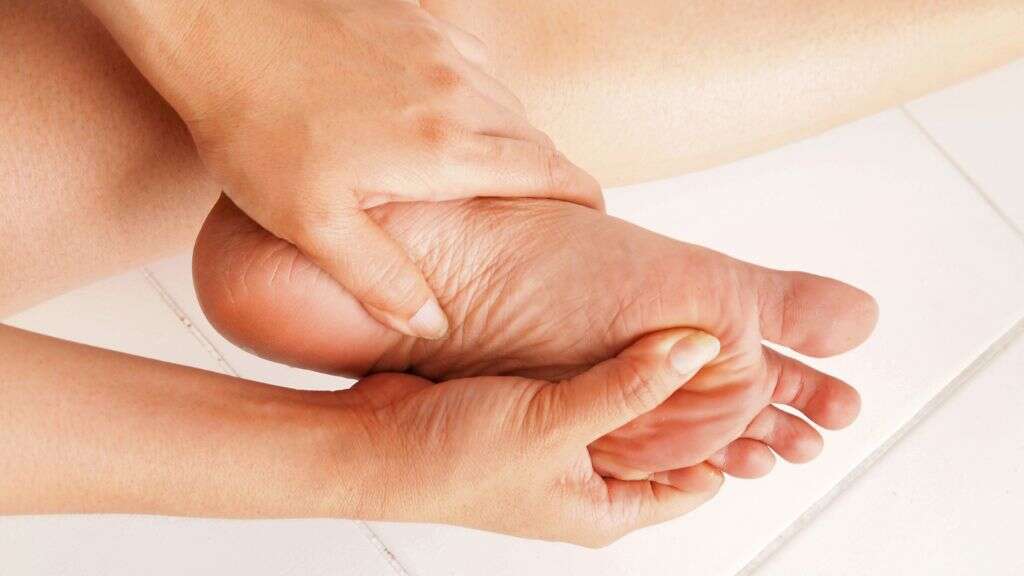
7. Stroke
It is essential that our brains are fed with a constant supply of oxygen. If they don’t get the oxygen they need then our brains won’t work as well as they should. It can even result in brain cells dying altogether. In some cases, hyperlipidemia can result in a stroke, which is a life threatening condition.
Hyperlipidemia can cause the blood vessels to narrow to a point were the flow of blood to the brain is restricted. Blood clots elsewhere in the body can also become dislodged, and then travel to the arteries feeding the brain. If you do suspect that somebody has had a stroke, you should waste no time in getting emergency medical attention for them.
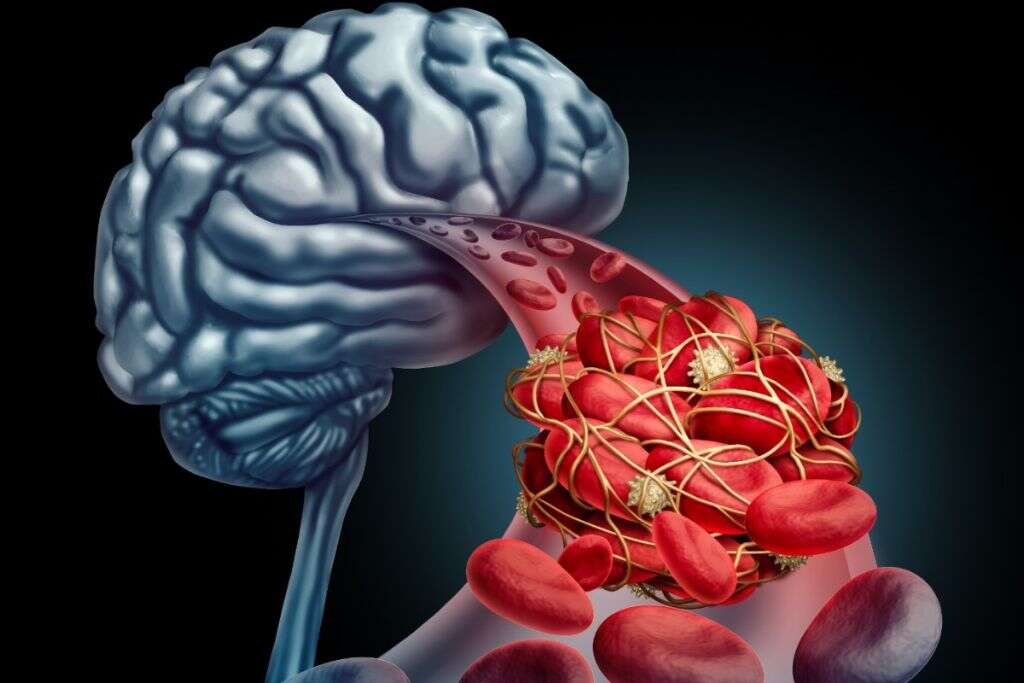
8. Heart Attack
Our hearts are made mostly of muscle, and this muscle needs oxygen to keep on pumping. If it was to stop pumping then our lives are in immediate danger, so it is essential that the flow of blood to the heart is not interrupted. If the blood flow is stopped then it will result in a heart attack.
Hyperlipidemia can directly lead to the narrowing of the blood vessels to the heart. A blood clot might also travel to the vessels after becoming dislodged from elsewhere. A heart attack is an extremely dangerous situation and should be treated as an immediate medical emergency.

9. Diagnosis
As mentioned, hyperlipidemia will often go undiagnosed due to the lack of symptoms. This makes it wise to get occasional checkups to help spot the condition, and other medical problems, early in their development. There is a specific test available that can help diagnose hyperlipidemia.
The test is known as a lipoprotein panel. A blood sample is taken and then analyzed to determine the levels of ‘good’ cholesterols, ‘bad’ cholesterols’, and triglycerides, which are another type of fat that is found in the blood. It may be necessary to fast for up to 12 hours before the test to help ensure accurate results.
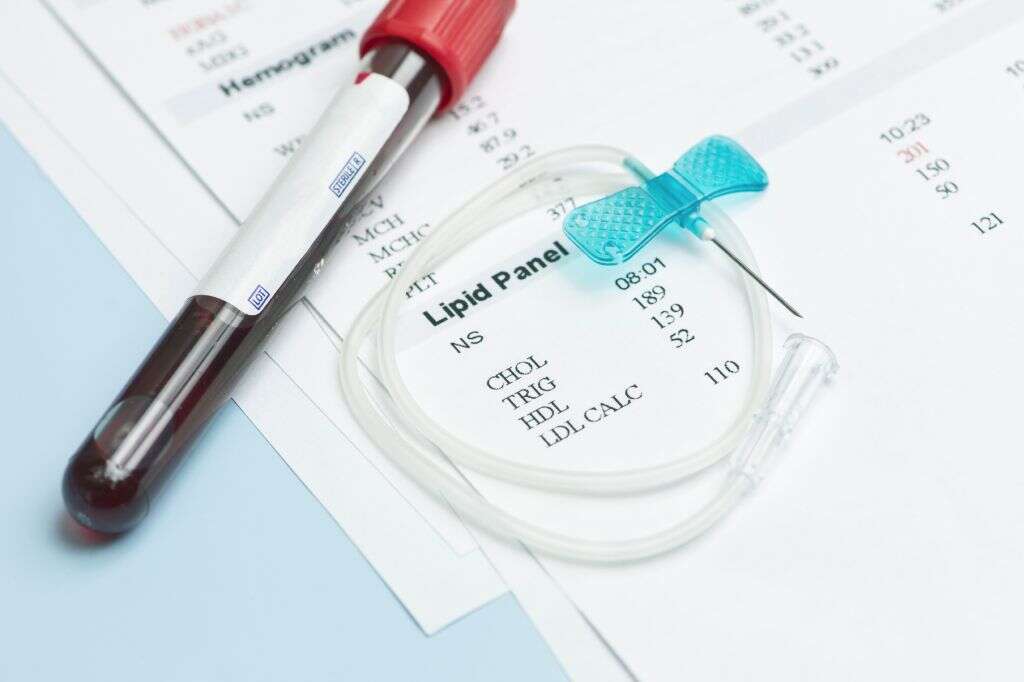
10. Treatment
Hyperlipidemia is usually treatable, and treatment often does not involve medication or any other form of medical treatment. Rather, the most effective way of treating the condition is for the patient to make often drastic changes to their lifestyle. One of these is for them to make significant changes to their diet.
Eating a diet that is low in fats will go a long way to helping reduce cholesterol levels. Even moderate exercise can also make a difference to cholesterol levels and to overall health. If lifestyle changes are not enough, then medication is available that can help reduce cholesterol levels and reduce blood pressure where necessary.




